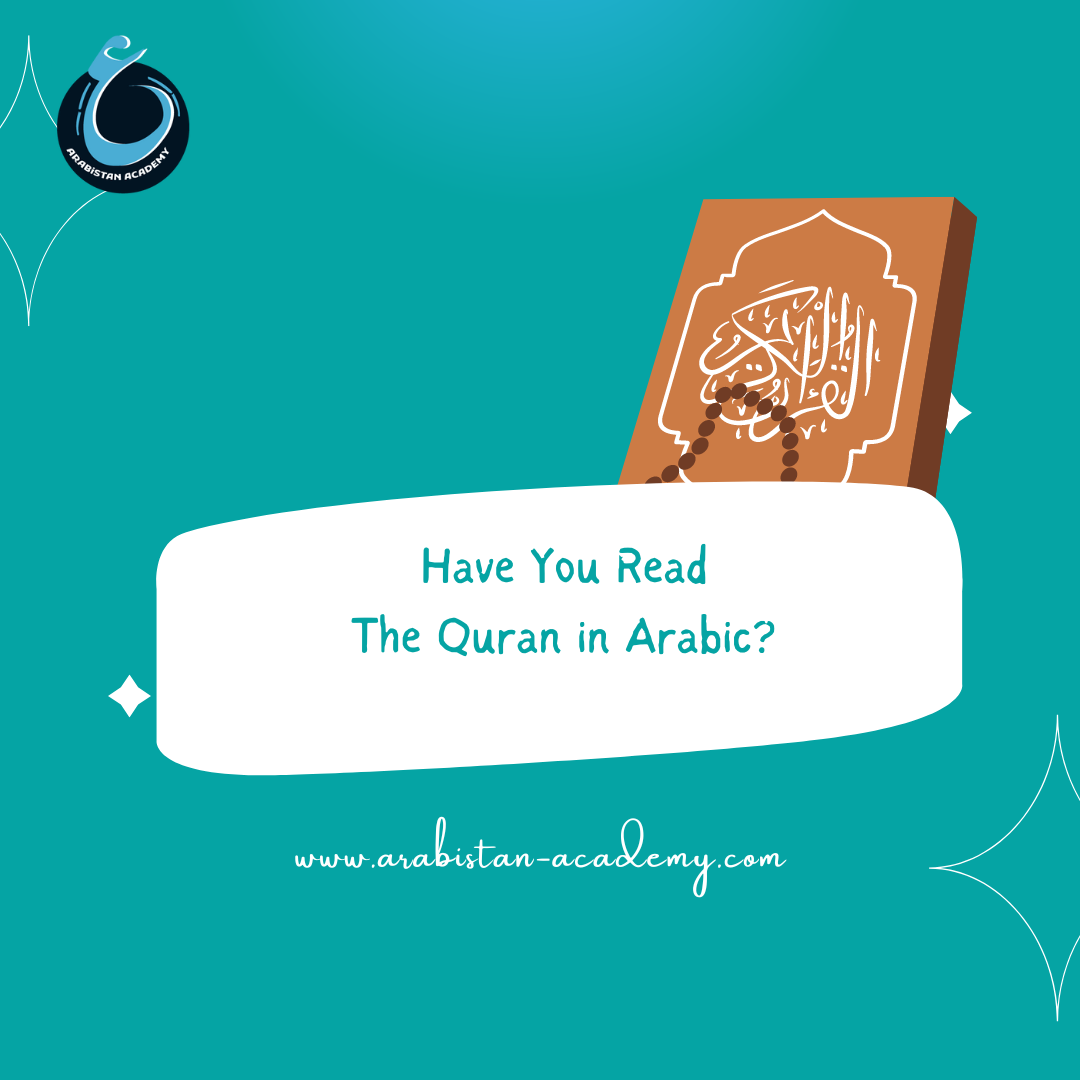The Quran, the holy book of Islam, is revered by Muslims around the world. It is traditionally read and recited in Arabic, the language in which it was revealed to the Prophet Muhammad (PBUH). However, many non-Arabic speaking Muslims and those interested in Islam often wonder: Can you read the Quran in English? This article delves into the intricacies of reading the Quran in translation, addressing the benefits, limitations, and guidelines to help you make an informed decision.
Understanding the Importance of the Quran
What is the Quran?
The Quran is considered the literal word of God (Allah) as revealed to the Prophet Muhammad (PBUH) over 1,400 years ago. It is composed of 114 chapters (surahs) and over 6,000 verses (ayahs). The Quran covers various aspects of life, including law, morality, guidance for personal conduct, and the relationship between God and humanity.
The Significance of Arabic
Arabic holds a special place in Islam. It is not only the language of the Quran but also the language of prayer (salah) and many Islamic rituals. The Quran’s linguistic and literary qualities are believed to be miraculous and inimitable, which makes understanding it in its original language highly valued.
Reading the Quran in English
Is It Permissible?
Reading the Quran in English or any other language is permissible for non-Arabic speakers. Translating the Quran helps spread its message and makes it accessible to a wider audience. However, it is important to understand that translations are interpretations of the meanings of the Quran, rather than the Quran itself.
Benefits of Reading the Quran in English
1. Accessibility: Non-Arabic speakers can understand the teachings and messages of the Quran.
2. Comprehension: Translations make the Quran’s guidance more comprehensible to those unfamiliar with Arabic.
3. Engagement: Reading the Quran in a familiar language can foster a deeper connection with its teachings.
4. Education: It facilitates learning and teaching about Islam to diverse populations.
Limitations of Translations
1. Loss of Original Meaning: Nuances and subtleties of the Arabic language can be lost in translation.
2. Interpretation Bias: Translators may unintentionally introduce their own biases or interpretations.
3. Inimitability: The miraculous linguistic features of the Quran cannot be fully captured in another language.
How to Choose an English Translation
Factors to Consider
1. Accuracy: Choose translations by reputable scholars with a strong understanding of Arabic and Islamic theology.
2. Clarity: Ensure the translation is clear and easy to understand.
3. Annotations: Look for translations with footnotes or commentary to provide context and explanations.
4. Consistency: Opt for translations that consistently convey the meanings across different passages.
Recommended Translations
1. The Noble Quran: Translated by Dr. Muhammad Taqi-ud-Din al-Hilali and Dr. Muhammad Muhsin Khan.
2. The Clear Quran: Translated by Dr. Mustafa Khattab.
3. Sahih International: A widely respected and straightforward translation.
Guidelines for Reading the Quran in English
Starting with the Right Intention
Before beginning, set a sincere intention to seek knowledge and understand the message of the Quran. Approach the reading with respect and humility.
Reading with Understanding
Take your time to read and reflect on the meanings. Use annotations and commentaries to gain deeper insights. Consider joining study groups or classes, such as those offered by Arabistan Academy, to enhance your understanding.
Complementing with Arabic
If possible, learn Arabic to appreciate the Quran in its original language. Many resources and courses are available, including those from Arabistan Academy, to help you learn Arabic at your own pace.
Regular Reflection
Make it a habit to reflect on the verses you read. Consider how the teachings can be applied to your daily life and how they enhance your understanding of Islam.
The Role of Arabistan Academy
Providing Quality Education
Arabistan Academy offers a range of courses to help Muslims and those interested in Islam deepen their understanding of the Quran. From beginner classes in Arabic to advanced tafsir (exegesis) courses, Arabistan Academy ensures that students receive high-quality education tailored to their needs.
Resources and Support
The academy provides various resources, including study guides, video lectures, and interactive sessions, to support students in their learning journey. Expert instructors are available to answer questions and provide guidance.
Community Engagement
Arabistan Academy fosters a sense of community among learners. Regular study circles, discussion groups, and online forums allow students to connect, share insights, and grow together in their knowledge and faith.
Conclusion
Reading the Quran in English is a valuable way to access its teachings and gain a deeper understanding of Islam, especially for non-Arabic speakers. While translations may not capture the full essence of the original Arabic text, they provide an essential bridge to understanding the divine message. By choosing a reputable translation, reading with the right intention, and seeking further education through institutions like Arabistan Academy, you can enrich your spiritual journey and connect more profoundly with the Quran.
—
FAQs
Can you perform salah (prayer) with English translations of the Quran?
No, salah must be performed in Arabic as prescribed in Islamic teachings. However, understanding the meanings in English can enhance your concentration and devotion during prayer.
Are there any translations of the Quran that are considered better than others?
While some translations are more widely accepted and respected, it’s important to choose one that you find clear and accurate. The Noble Quran, The Clear Quran, and Sahih International are among the highly recommended translations.
How can I start learning Arabic to read the Quran in its original language?
Many resources are available online and offline. Arabistan Academy offers comprehensive Arabic courses that cater to beginners and advanced learners. Starting with basic Arabic and gradually progressing to Quranic Arabic can be a practical approach.
Is it necessary to learn Arabic to be a good Muslim?
While learning Arabic can deepen your understanding of the Quran and enhance your worship, it is not a requirement to be a good Muslim. The essence lies in understanding and implementing the teachings of Islam in your life.
—
Incorporating the practice of reading the Quran in English can be a transformative step in your spiritual journey. With the guidance and resources from Arabistan Academy, you can embark on this journey with confidence and clarity, bridging the gap between language and divine wisdom.

